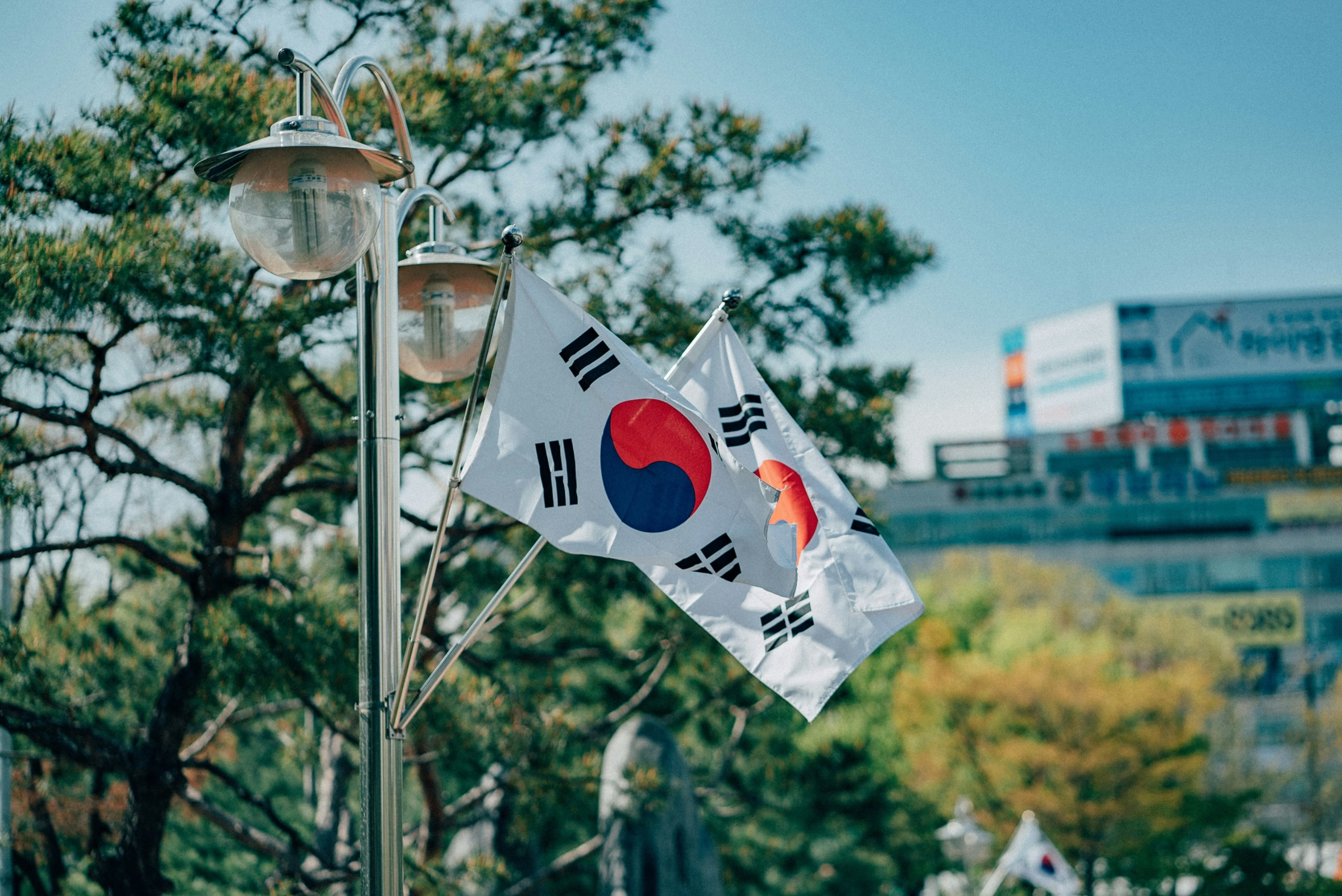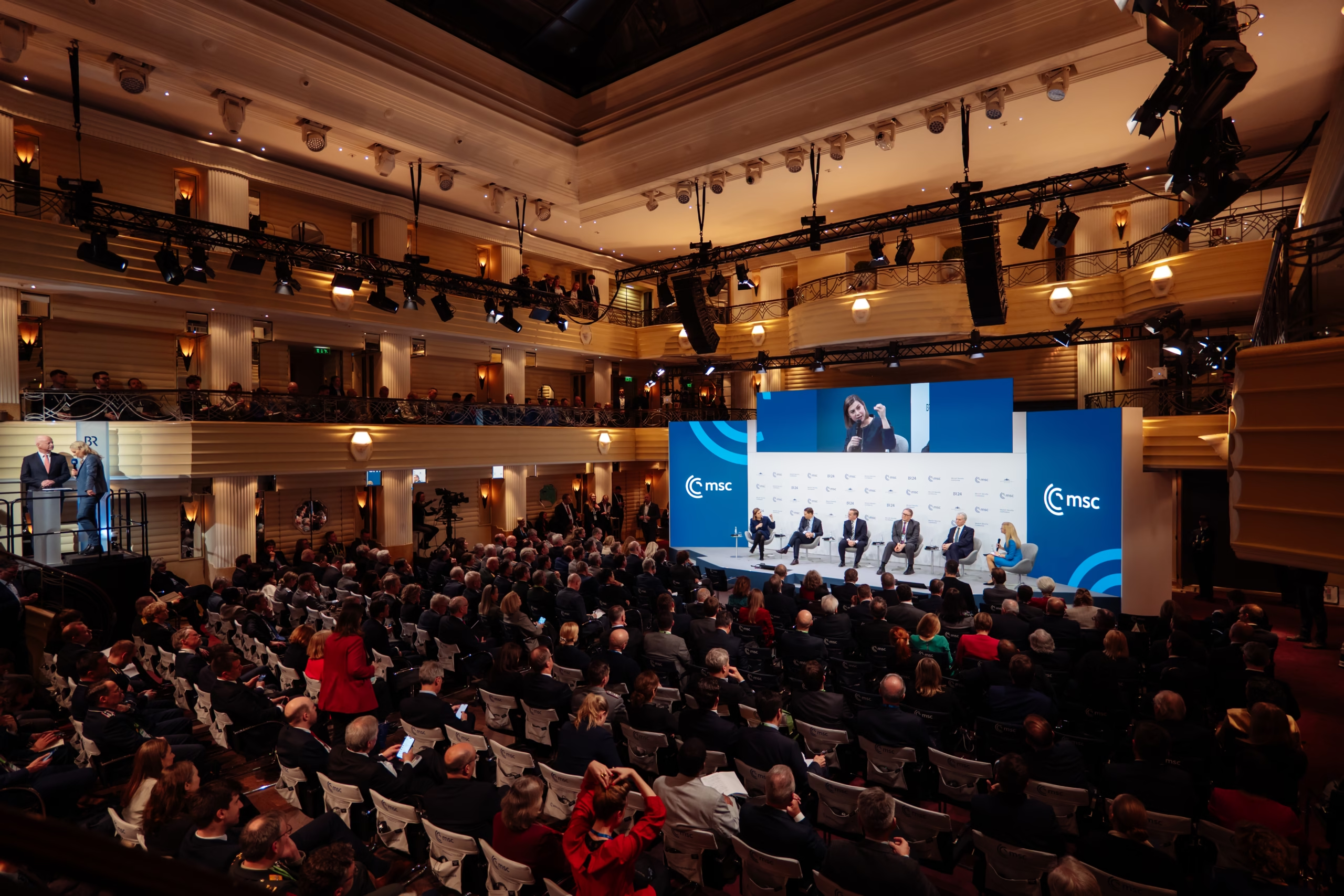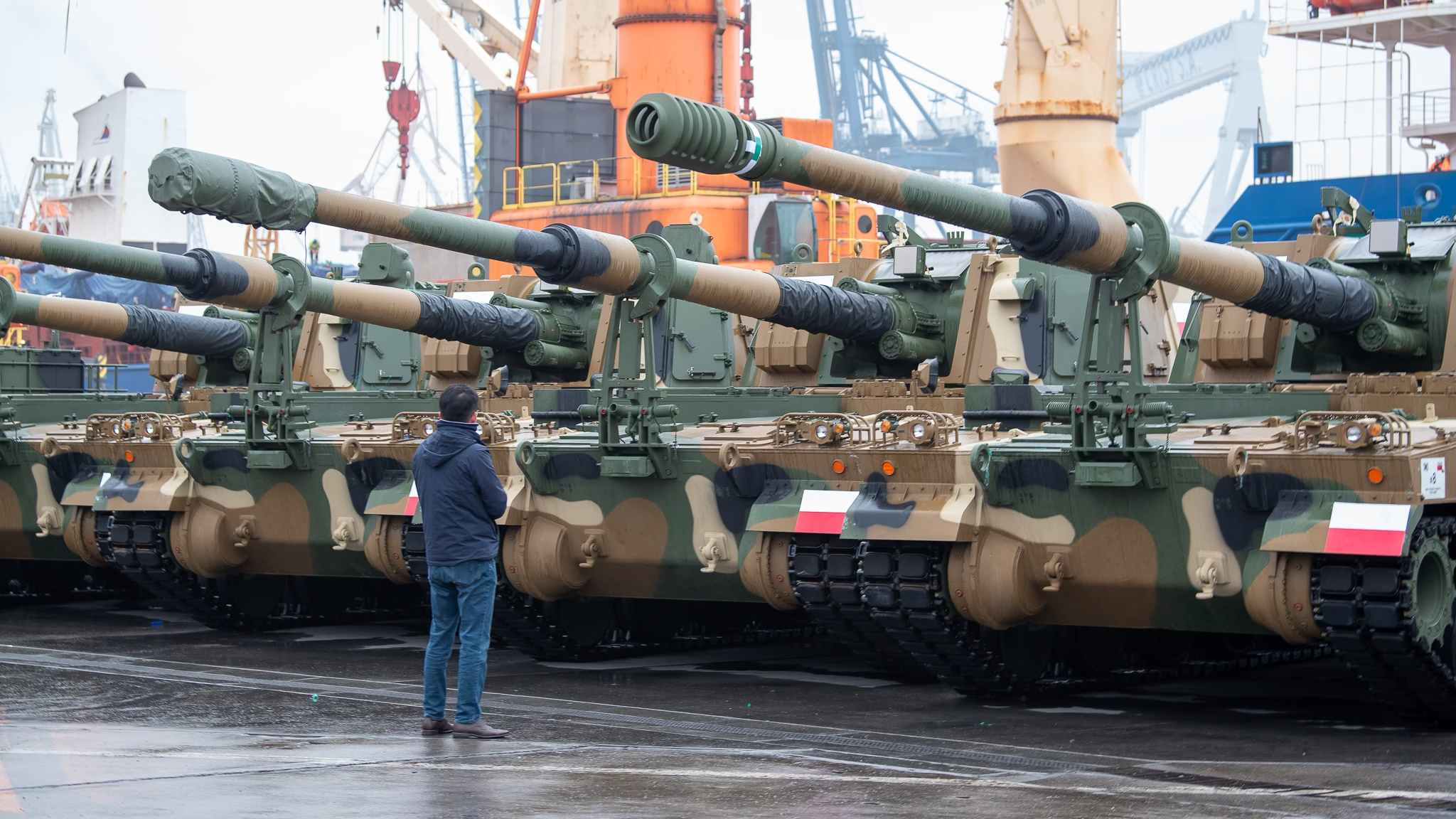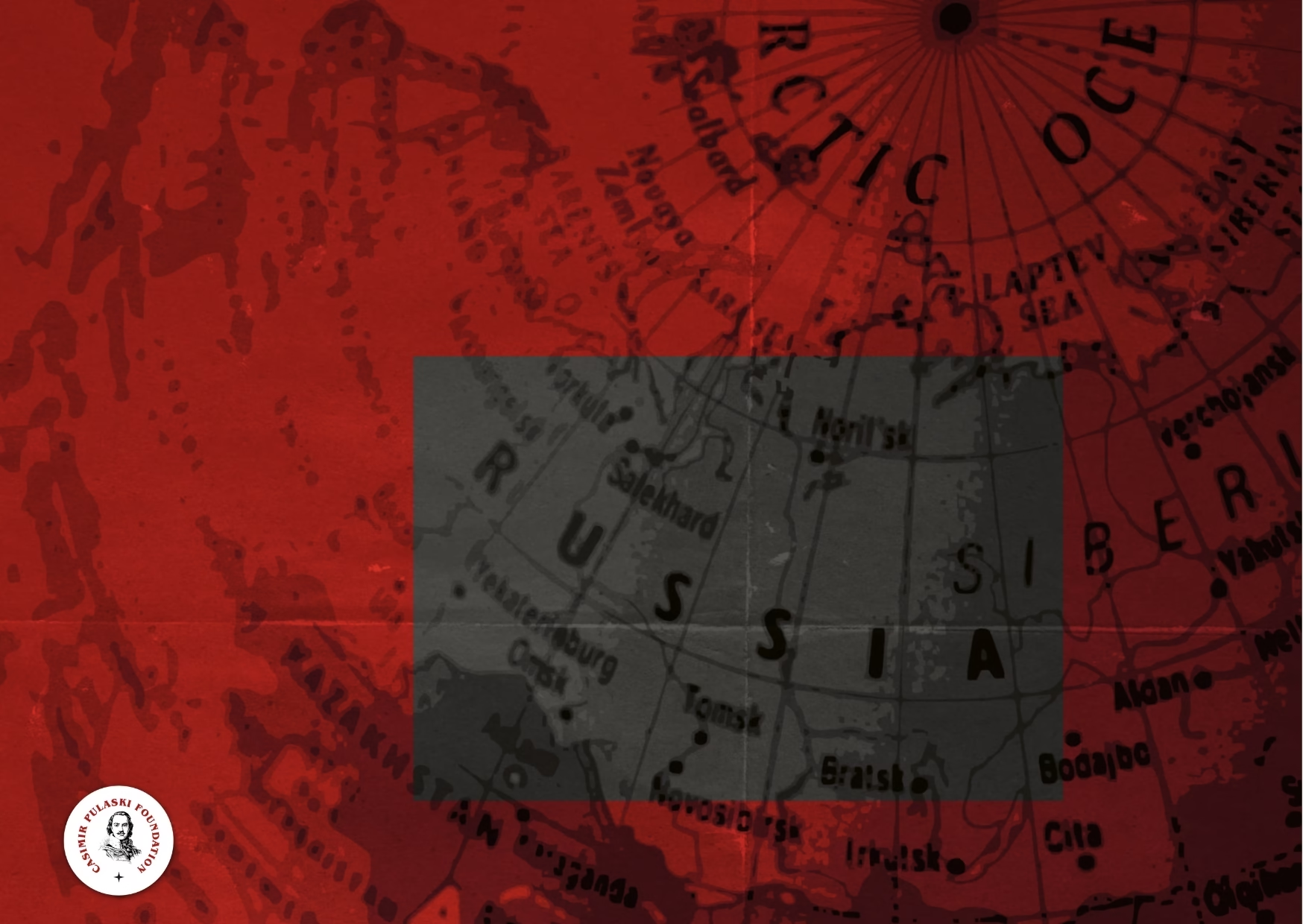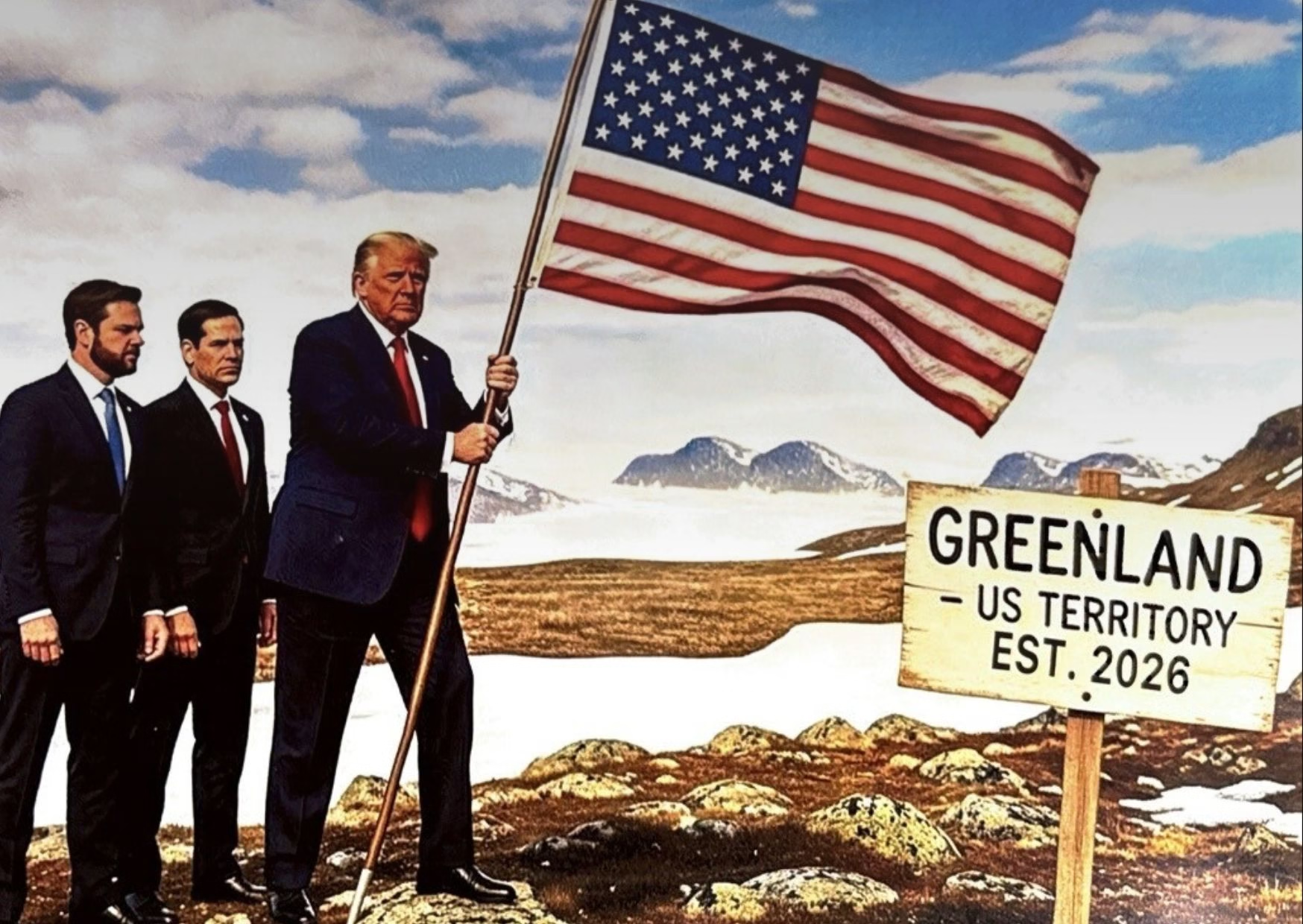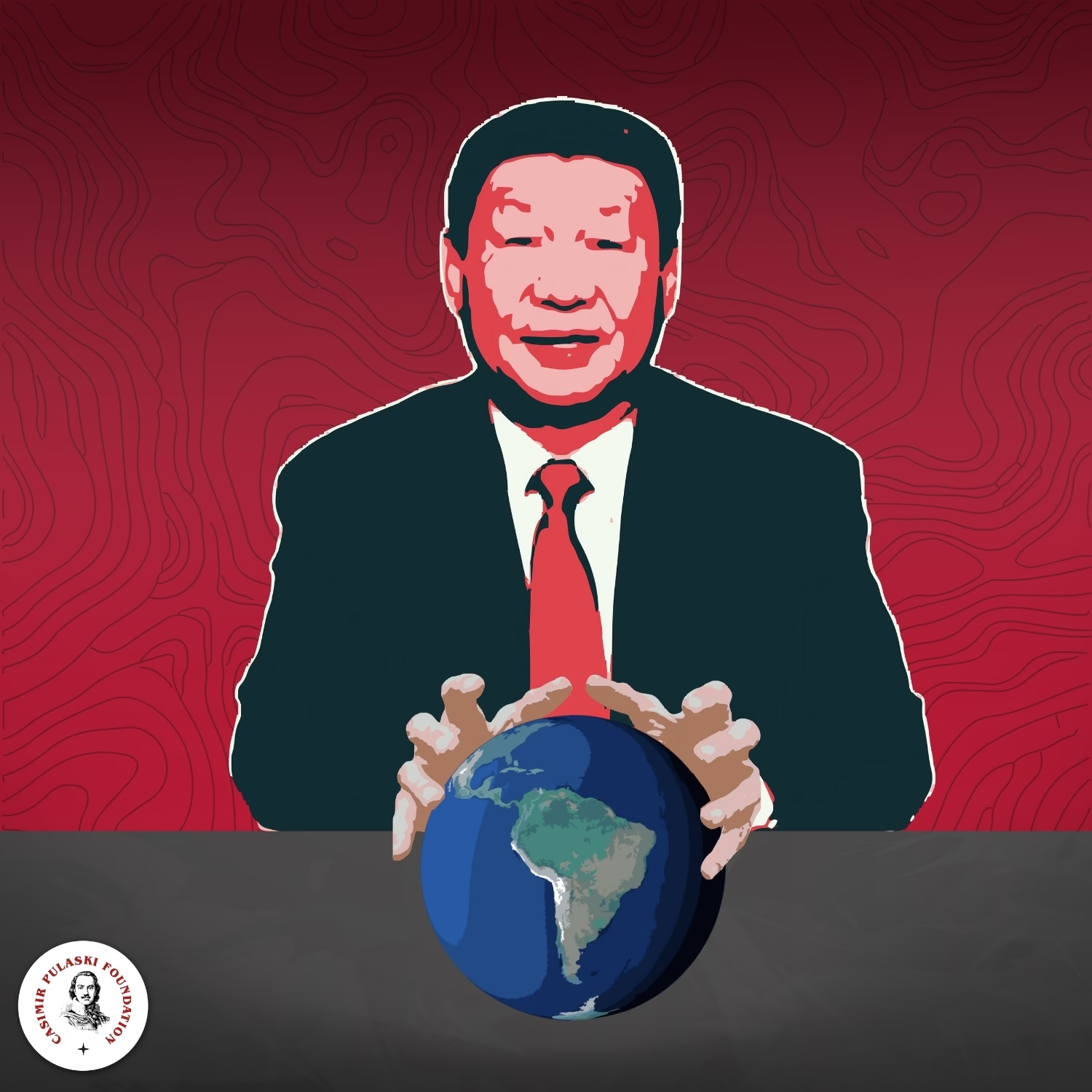The Casimir Pulaski Foundation’s Asia Research Center initiative endeavoured to spearhead the research into joint perspectives between Poland and the Asia-Pacific.
Published: 23/02/2026
Energy security in the Arctic constitutes a multifaceted phenomenon, encompassing a wide array of concerns, including political, security, socio-economic, technological and identity dimensions. It involves questions of land ownership, the rights of stakeholders, pristine nature, and re-industrialisation delineated through green technologies.
Author: Karolina Pawlik
Published: 23/02/2026

There is a growing amount of information in the public domain concerning the construction of large-scale nuclear reactors and small modular reactors in Poland. However, in addition to nuclear reactors used for electricity generation, research reactors also play an important role. The MARIA research nuclear reactor has been operating for many years at the National Center for Nuclear Research in Otwock, mainly used to produce radioisotopes for medical purposes.
Author: Mikołaj Oettingen
Published: 20/02/2026

Warsaw Security Forum marked its presence at #MSC2026 through two flagship engagements: a high-level public panel on the Main Stage, contributing directly to the Conference’s core debates on defending Europe and supporting Ukraine, and a closed-door strategic dinner convening senior political and security leaders for candid, off-the-record exchange.
Published: 17/02/2026

Over the past two decades, the Republic of South Korea (ROK) has undergone a dramatic transformation in defence-industrial design and production. Like most major initiatives historically taken on by the country, it is also a transformation that has taken place in record time.
Author: Reuben F. Johnson
Published: 16/02/2026

Despite continuing to frame itself in great-power terms, Russia is gradually losing the capacity to perform the systemic functions that for decades made it an indispensable actor in the international order.
Author: Maciej Dachowski
Published: 12/02/2026

Recent events in relation to Greenland struck a lot of controversy and provoked many reactions. The subject isn’t new as the first time Donald Trump publicly admitted that the US should try to acquire Greenland was 18th August 2019. That day, he confirmed he was considering an attempt to buy Greenland and added that it “would be strategically nice [for the USA to own]”.
Author: Jagoda Synowiec
Published: 10/02/2026

For Taiwan the last days of 2025 were characterised by yet another Chinese military drills around the island located 180-kilometers off the coast of mainland China. The drills have been conducted days after the announcement of $11bn U.S. weapons sale to Taiwan, one of the biggest weapon sales in Taiwan’s history.
Author: Michał Malak
Published: 04/02/2026

Over the past two decades, China has consolidated its presence in Latin America by exploiting the prolonged shift of U.S. strategic focus toward the Middle East. The resulting economic and infrastructure footprint in Washington’s immediate neighborhood is now seen as a strategic threat. The U.S. response - a new National Security Strategy and the intervention in Venezuela - reaffirmed the Western Hemisphere as non-negotiable to U.S. security.
Author: Patryk Litwiński
Published: 29/01/2026

The Casimir Pulaski Foundation’s Asia Research Center initiative endeavoured to spearhead the research into joint perspectives between Poland and the Asia-Pacific.
Opublikowano: 23/02/2026
Energy security in the Arctic constitutes a multifaceted phenomenon, encompassing a wide array of concerns, including political, security, socio-economic, technological and identity dimensions. It involves questions of land ownership, the rights of stakeholders, pristine nature, and re-industrialisation delineated through green technologies.
Autor: Karolina Pawlik
Opublikowano: 23/02/2026
There is a growing amount of information in the public domain concerning the construction of large-scale nuclear reactors and small modular reactors in Poland. However, in addition to nuclear reactors used for electricity generation, research reactors also play an important role. The MARIA research nuclear reactor has been operating for many years at the National Center for Nuclear Research in Otwock, mainly used to produce radioisotopes for medical purposes.
Autor: Mikołaj Oettingen
Opublikowano: 20/02/2026
Warsaw Security Forum marked its presence at #MSC2026 through two flagship engagements: a high-level public panel on the Main Stage, contributing directly to the Conference’s core debates on defending Europe and supporting Ukraine, and a closed-door strategic dinner convening senior political and security leaders for candid, off-the-record exchange.
Opublikowano: 17/02/2026
Over the past two decades, the Republic of South Korea (ROK) has undergone a dramatic transformation in defence-industrial design and production. Like most major initiatives historically taken on by the country, it is also a transformation that has taken place in record time.
Autor: Reuben F. Johnson
Opublikowano: 16/02/2026
Despite continuing to frame itself in great-power terms, Russia is gradually losing the capacity to perform the systemic functions that for decades made it an indispensable actor in the international order.
Autor: Maciej Dachowski
Opublikowano: 12/02/2026
Recent events in relation to Greenland struck a lot of controversy and provoked many reactions. The subject isn’t new as the first time Donald Trump publicly admitted that the US should try to acquire Greenland was 18th August 2019. That day, he confirmed he was considering an attempt to buy Greenland and added that it “would be strategically nice [for the USA to own]”.
Autor: Jagoda Synowiec
Opublikowano: 10/02/2026
For Taiwan the last days of 2025 were characterised by yet another Chinese military drills around the island located 180-kilometers off the coast of mainland China. The drills have been conducted days after the announcement of $11bn U.S. weapons sale to Taiwan, one of the biggest weapon sales in Taiwan’s history.
Autor: Michał Malak
Opublikowano: 04/02/2026
Over the past two decades, China has consolidated its presence in Latin America by exploiting the prolonged shift of U.S. strategic focus toward the Middle East. The resulting economic and infrastructure footprint in Washington’s immediate neighborhood is now seen as a strategic threat. The U.S. response - a new National Security Strategy and the intervention in Venezuela - reaffirmed the Western Hemisphere as non-negotiable to U.S. security.
Autor: Patryk Litwiński
Opublikowano: 29/01/2026



